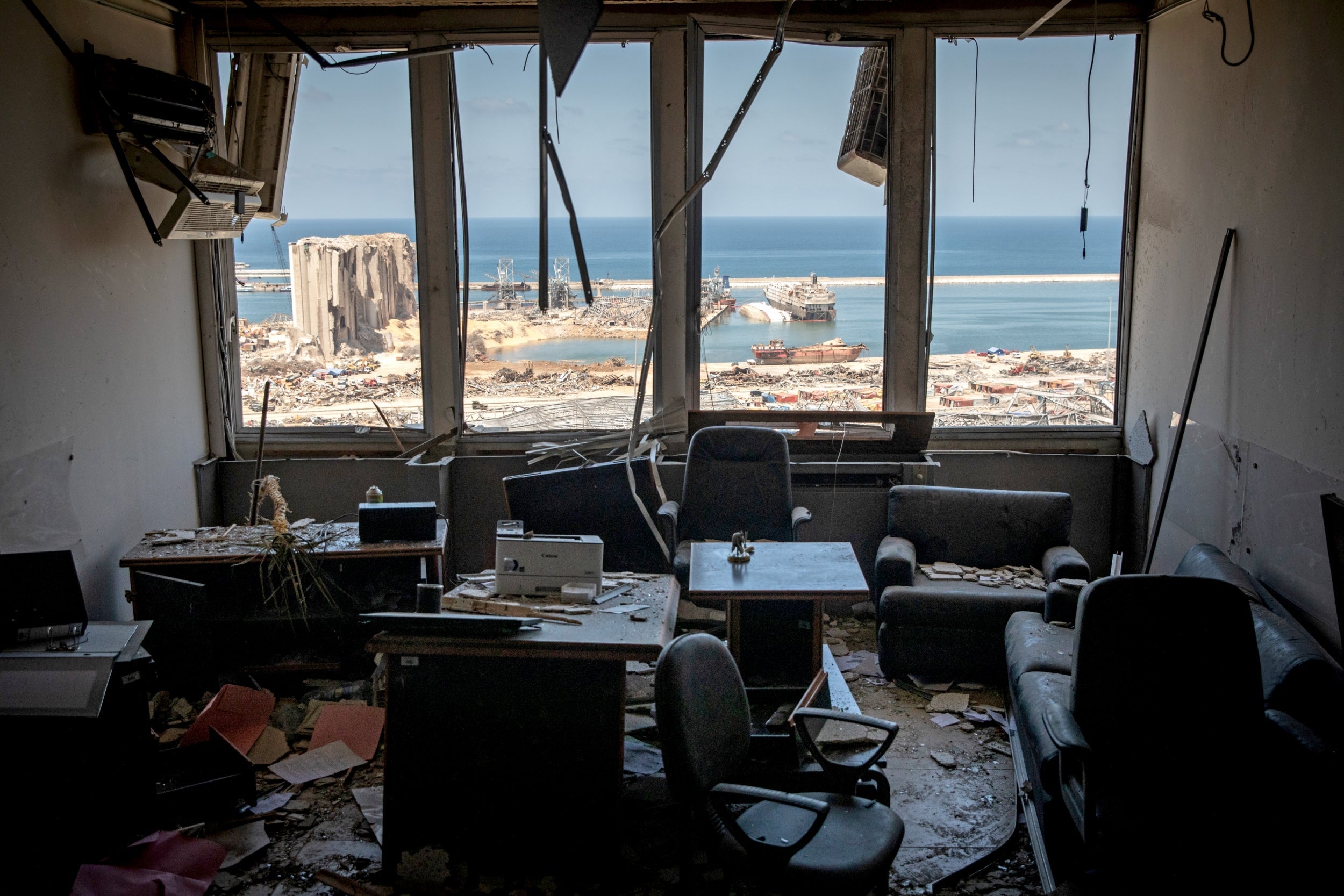An explosion didn’t burn Beirut to the ground – decades of political greed and neglect did
Perhaps if the world paid as much attention to pockets of poverty, inequality and corruption as it does to the spectacle of disasters, Lebanon could have avoided its fate, writes Arianne Shahvisi

I used to live near a housing development in Cambridge whose completion had been delayed so that half was just a dusty building site. It was known by locals as “Beirut”. In Britain, the Lebanese capital is sometimes used as a synonym for a dangerous, ugly, decrepit urban scene. For me, this has always smarted. As a child, I was affronted by my classmates’ misconceptions about Iran, my father’s homeland. I was sometimes asked why we holidayed in a “war zone”. Our British relatives would call to chide my mother for taking her daughters to a place “where they chop off people’s hands”. She would frown and doodle muscularly on the pad beside the phone.
Iran was not those things, not entirely – or at least, those people had no right to see it that way. There is a special ache in hearing a place you love criticised by those who do not love it. Lebanese poet Hashem Hashem once said: “Beirut is the only heartbreak I’ll ever call home.” Belonging to a troubled place like Iran or Lebanon means being willing to defend it to some and criticise it to others, and to find a way to hold its chimeric reality through the fragments. It means being riven between longing and fury, working always to exist meaningfully in relation to what others fear, vilify or romanticise. It means battling orientalist fantasies and colonial throwbacks as well as the “sh**hole” or “axis of evil” dismissals of the likes of Trump and Bush.
Subscribe to Independent Premium to bookmark this article
Want to bookmark your favourite articles and stories to read or reference later? Start your Independent Premium subscription today.
Join our commenting forum
Join thought-provoking conversations, follow other Independent readers and see their replies